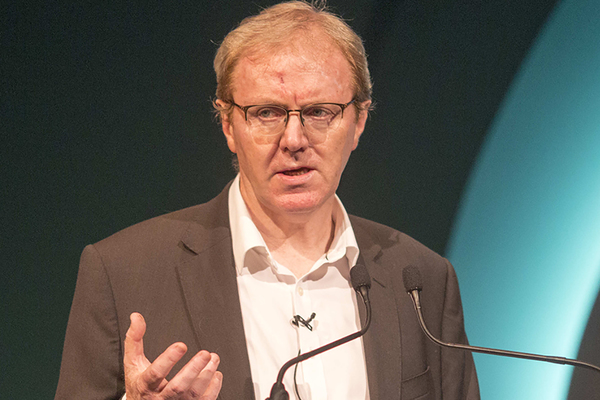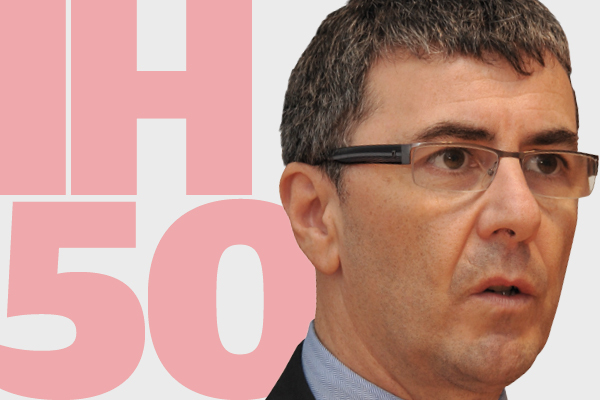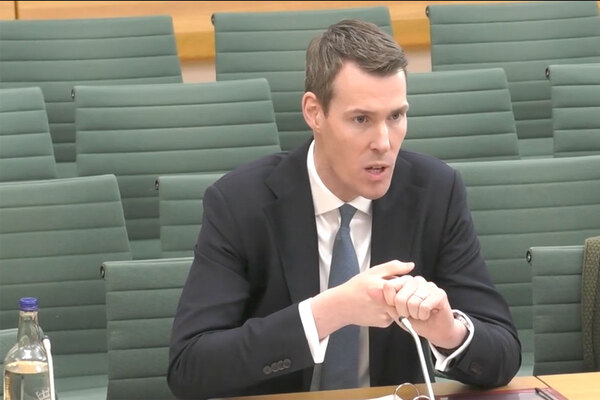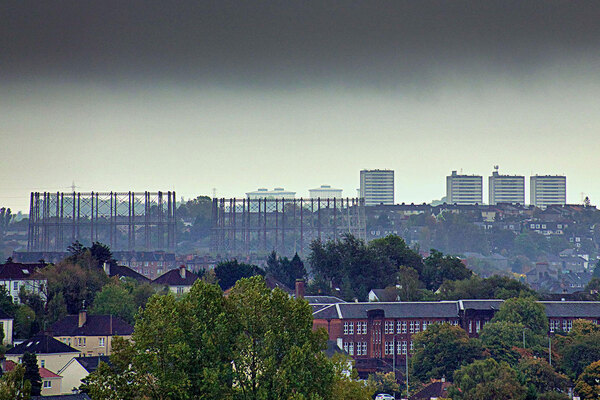Peabody’s self-imposed rent cut hits margin
Large London housing association Peabody has seen the first impact of its self-imposed rent cut, with its social housing operating margin falling by four percentage points.
In its annual accounts, the 66,000-home social landlord said that delivering rents “at truly affordable levels is crucial to delivering our social purpose”.
In May last year, Peabody announced that it would freeze or cut rents on “thousands” of affordable rented homes in order to move away from the tenure and towards social rent.
Susan Hickey, chief financial officer at Peabody, told Inside Housing: “Our average rent is £120 a week; target rent is £130 a week. So we are further subsidising even beyond the regulatory envelope.”
She said that the reason Peabody’s social housing operating margin fell by four percentage points and is lower than “the likes of L&Q” is because of the move to subsidise rents.
Peabody’s accounts also revealed a fall in the group’s surplus, from £175m in the previous year to £148m. This mainly stemmed from a reduction in its turnover, which went from £609m to £565m.
According to the accounts, the group’s turnover from social housing actually increased over the year, from £365m to £375m, but its turnover from non-social housing activities fell by 28% from £163m to £118m, with the biggest fall being in market sale.
Ms Hickey told Inside Housing: “Sales ebb and flow from year to year depending on what schemes you’ve got coming through, so that’s fine. For me, the important thing is that it was fewer sales rather than downgrades in price.”
Some of London’s large housing associations have been less sanguine about the market for outright sale in the capital, which has seen London house prices fall consistently for a year, the first time this happened since the global financial crisis.
Last week, sector figures called on the government to provide a cash injection for associations, many of which have changed their development plans in the face of twin pressures from the market and a massive increase in fire safety costs.
Ms Hickey said: “We’re not complacent but we are prudent in how we appraise schemes and how we set our expectations in terms of sales margin. We’ve got the business on watch for if they don’t achieve targets through the year, but we have a plan if that doesn’t happen.”
The accounts also showed that Peabody invested £440m in new and existing homes, £122m more than the previous year and the most in the group’s 157-year history.
In a note for investors, Lord Kerslake, chair of Peabody and former head of the civil service, wrote: “Against a backdrop of unprecedented political uncertainty, we continue striving to improve our services to our residents, promoting well-being in our neighbourhoods, and developing great quality affordable homes.”
Housing association financial statements 2018/19
A2Dominion’s surplus falls by 74%
Aster's surplus rises as it eyes land acquisitions
BPHA surplus falls after bumper year of spending
Catalyst's surplus plunges 45% as sales market slows
Clarion’s surplus falls for third year running
Hyde reveals £17m spend on fixing post-Grenfell defects
Metropolitan Thames Valley shared ownership surplus tumbles
Network Homes boost surplus by 62%
Notting Hill Genesis customer satisfaction rate only 65%
Paradigm’s surplus falls slightly thanks to development difficulties
Peabody's self-imposed rent cut hits margin
Optivo returns to surplus after refinancing
Orbit surplus falls 52% as sales income slips
L&Q sees surplus drop by 42% in ‘challenging’ year
Southern reports 14% slide in surplus as fire safety checks increase
Sovereign's private sales income up 24%
Stonewater sees surplus fall by 43%
Swan surplus dives as cost to fix ACM cladding remains uncertain
WM Housing swings back into the black ahead of rebrand













